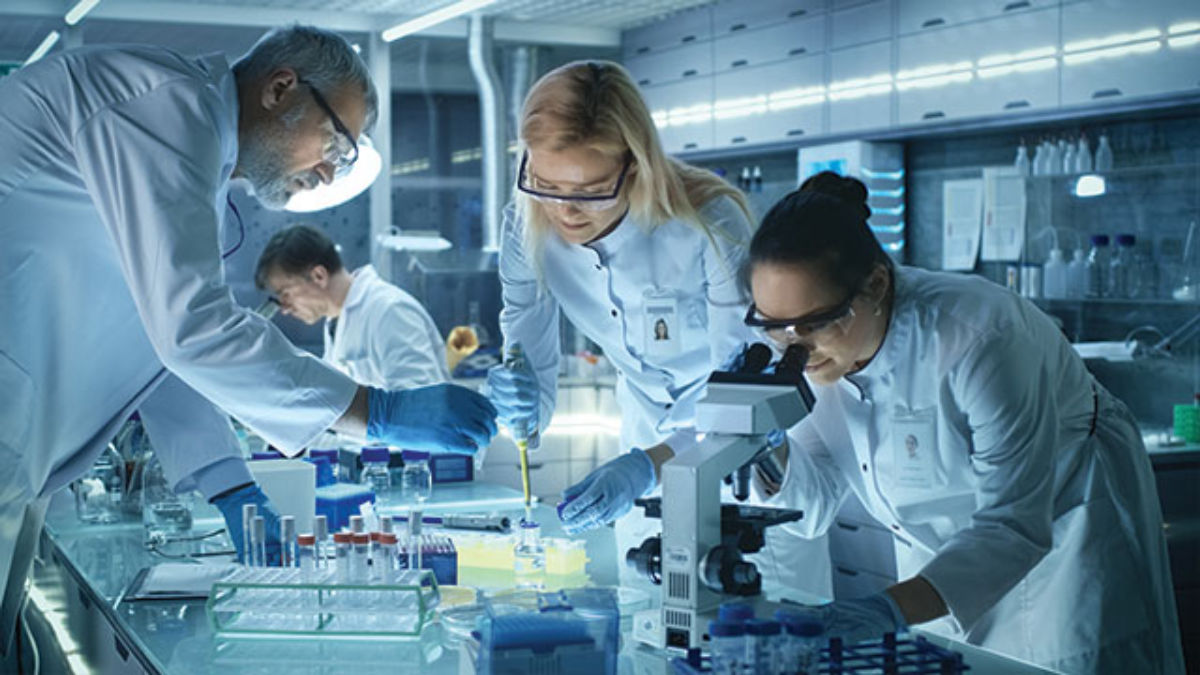

By the end of this course delegates will be able to:
• The knowledge and skills for understanding laboratory technical
• Requirements of quality laboratory and procedure of safety methods
• Understanding of the roles of the quality and technical performance in the laboratory
• Understanding of the roles of quality standards
• Develop the technical, and methods in the analytical lab and how to evaluate the lab results
Lab Managers, Supervisors, Tem Leaders, Chemists and Technicians, Health & Safety and Environmental Professionals, Laboratory Seniors, Technologists, Analytical Laboratory Professionals, Laboratory Staff, Superintendents, Supervisors, Engineers, Chemists and Analysts, Auditors, Research Directors, Chemical Engineers, Health & Safety Professionals Instrument Engineers, Research and Development Scientists, and Quality Assurance/Control Managers, anyone responsible for implementing, maintaining and reviewing laboratory quality systems
Module One:
• Introduction
• Laboratory, Terminology and roles
• Laboratory construction
• Laboratory and personnel responsibility
• Prepare to work on laboratory
o Equipments
o Chemicals
o Instruments
• Safety requirments in laboratory
• Safety Responsibilities
• The Health and Safety Principles
• Laboratory Safety Orientation
• Laboratory and Safety rules
• Personal Protective Equipment
Module Two:
• Working at laboratory
• Handling samples in Laboratory
• Handling Chemicals in Laboratory
• Handling Glassware and Equipment in Laboratory
• Storage Chemicals and Glassware in Laboratory
• Laboratory Ventilation and Fume Hoods
• Safety Requirement
• Control of Chemical Hazards
• Laboratory waste
o Chemical waste
o Radioactive waste
o Biological waste
o Sharps and Broken glassware
• First aid
• Accidents and injuries
• Gas leaks
• Fires
Module Three:
• Regulatory Requirements
o Training
o Labeling
o Safety Data Sheets (SDS)
• Understanding hazard warning information
o Symbols
o Risk and Safety Statements
o R/S phrases
• International Chemical Safety Cards
• Right-To-Know Wallet Cards RTK Safety
• NFPA
• Chemical safety labeling
• Type of Laboratory Analysis
o Physical Analysis
o Chemical Analysis
• Qualitive Analysis
• Quantitative Analysis
Module Four:
• Methods of laboratory Analysis
o Classical Methods
o Instrumental Methods
o Spectroscopy technique
o Chromatography technique
o Electrochemical technique
• Choosing the Right Instrument
• Laboratory Measurement
o Types of methods
o Selection of methods
o Calibration
o Reference material, blank correction
o Maintenance and troubleshooting
▪ Routine Maintenance
▪ Equipment Maintenance
Module Five:
• Problem, troubleshot and Routine Maintenance
• Comparing Instrumental Techniques
• Choosing the Right Instrument
• Instrumentals Calibration, and Standardization
o Instruments Calibration and Traceability
o Calibration work instructions
o Calibration Procedures, Certificate, and Documentation
o Reference Standard Materials
o Correction of errors and improving Blank
o Measurement Uncertainly in testing and calibration
• The Evaluation of Results and Methods
• Laboratory Data Analysis
• Chemical laboratory measurement evolution
o Reporting results
o Significant Figure Rules
o Laboratory Certification
o The Evaluation of Results and Methods
CDGA attendance certificate will be issued to all attendees completing a minimum of 75% of the total course duration
| Code | Date | Venue | Fees | Register |
|---|---|---|---|---|
| LAB133-02 | 14-06-2026 | Dubai | USD 5450 | |
| LAB133-03 | 21-09-2026 | Istanbul | USD 5950 | |
| LAB133-04 | 08-11-2026 | Muscat | USD 5450 |
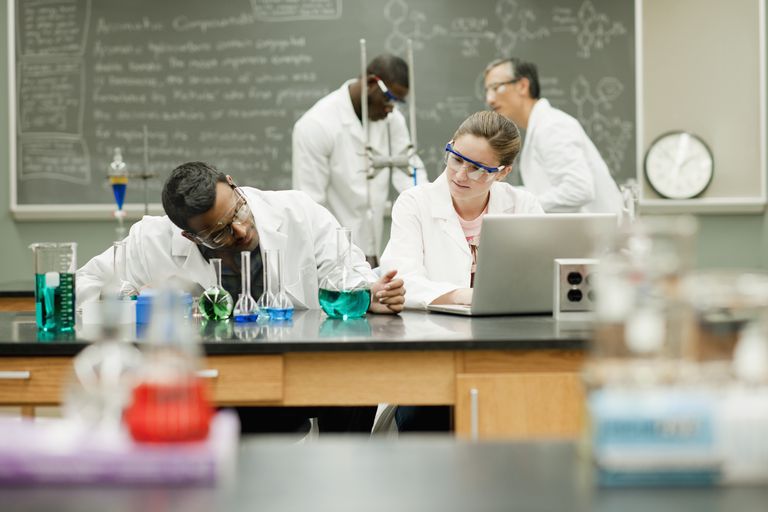
This course explains safe lab to minimize the risk of spills and chemical exposures. Laboratories involve many chemicals, procedures, and operations that require specific safety precautions. The cours ...
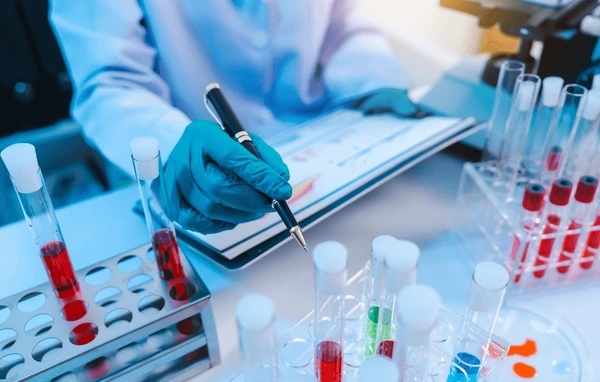
Quantitative chemical measurement has a degree of uncertainty linked to its results which is determined by the performance characteristics of the analytical method used. Measurement uncertainty has of ...
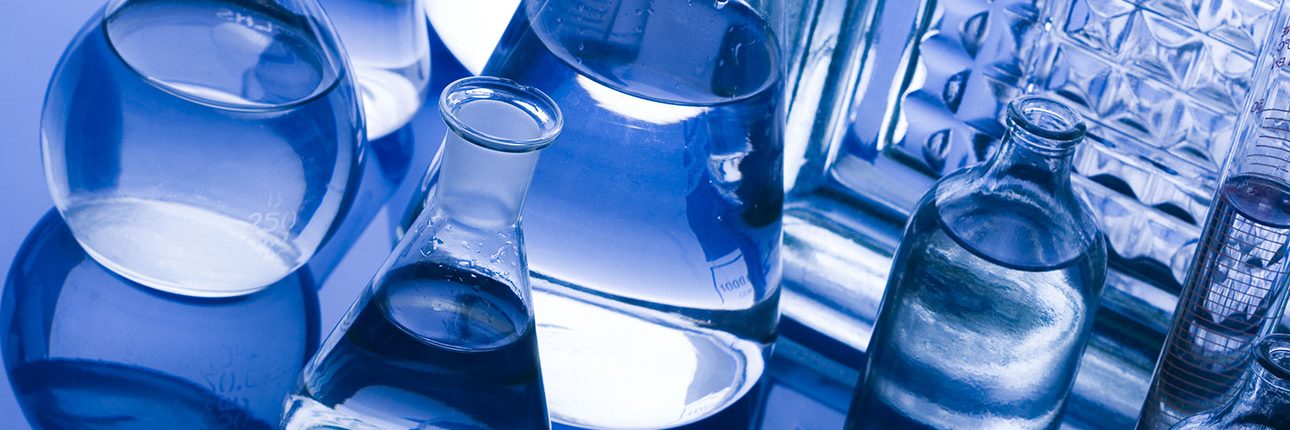
This program presents an overview of the need for analysis of water, how analytical methods are developed and quality control is applied and how the results of analysis are used. It will describe the ...
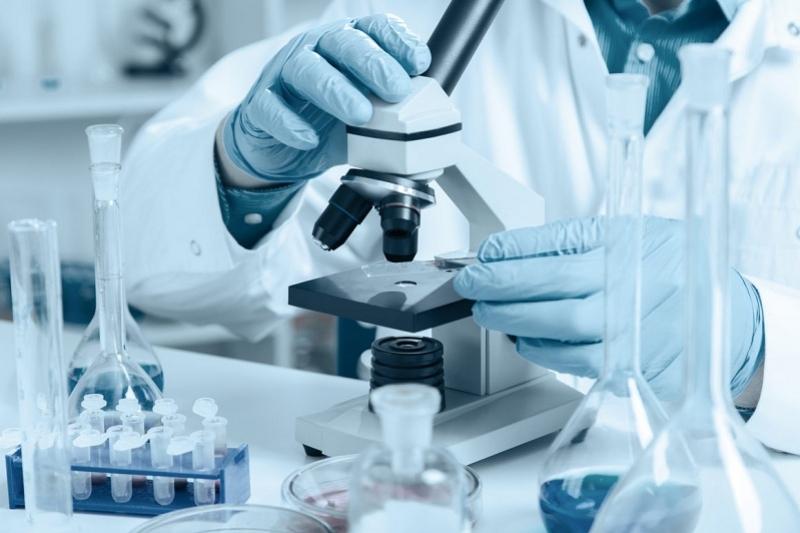
• Laboratories can expect to be under continuing pressure to meet more exacting ‘good measurement practice’ requirements, as detailed in ISO/IEC 17025 and related laboratory accreditation standards. I ...
Providing services with a high quality that are satisfying the requirements
Appling the specifications and legalizations to ensure the quality of service.
Best utilization of resources for continually improving the business activities.
CDGA keen to selects highly technical instructors based on professional field experience
Since CDGA was established, it considered a training partner for world class oil & gas institution
3012, Block 3, 30 Euro Business Park, Little Island, Co. Cork, T45 V220, Ireland
Mon to Fri 09:00 AM to 06:00 PM
Contact Us anytime!
Request Info